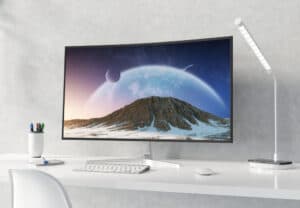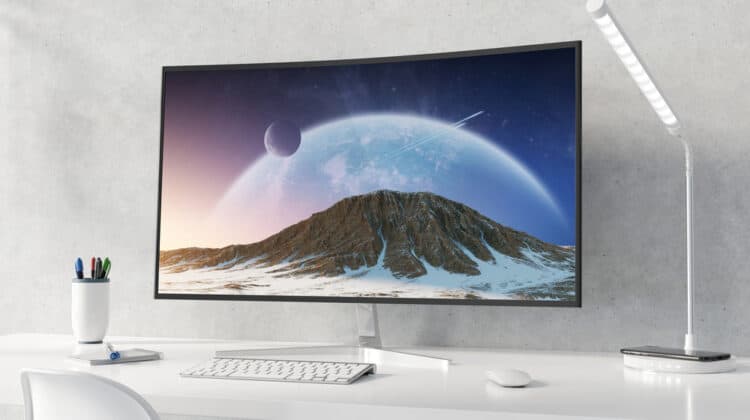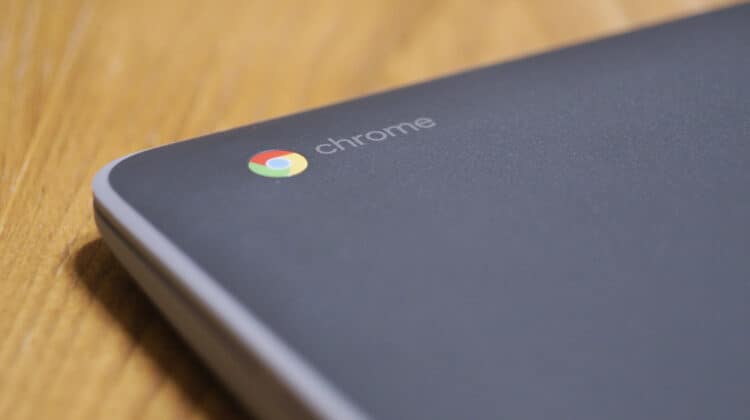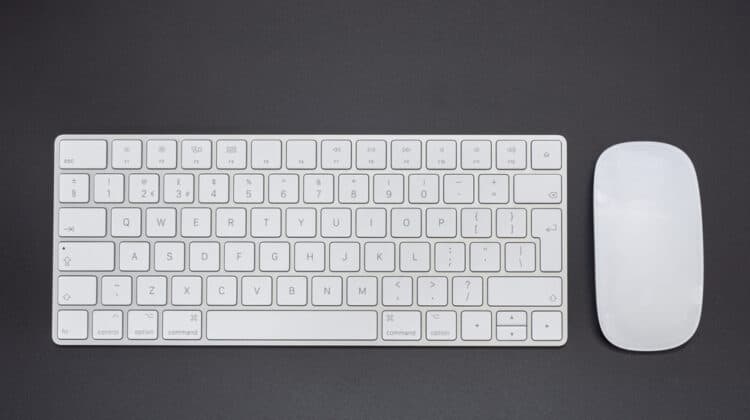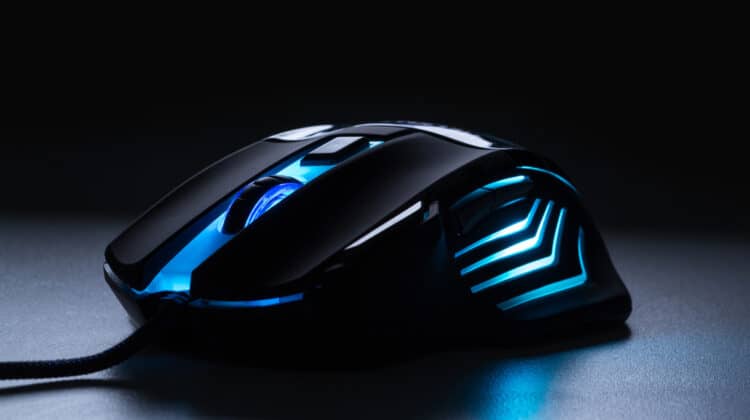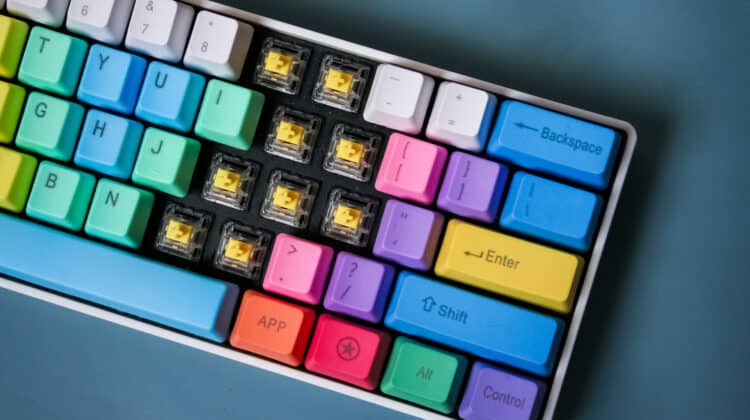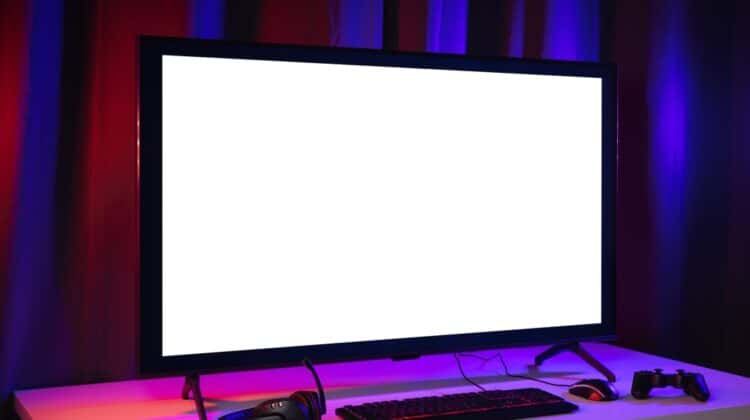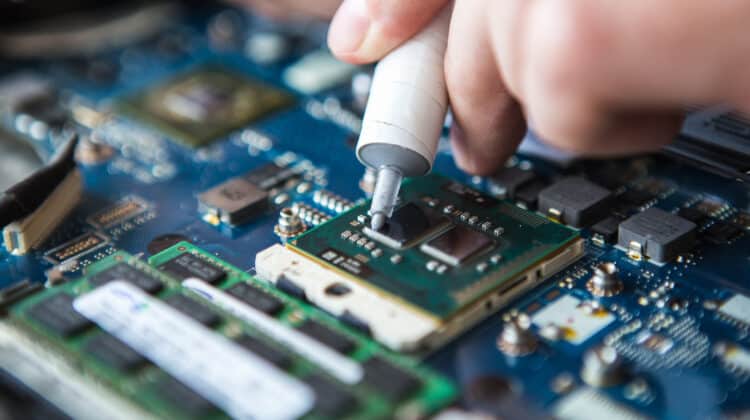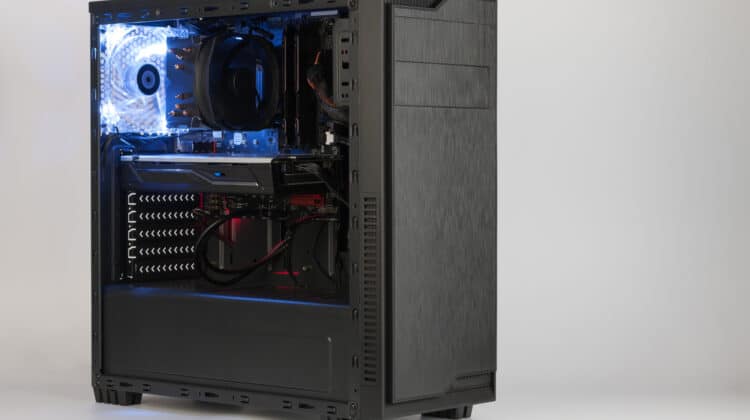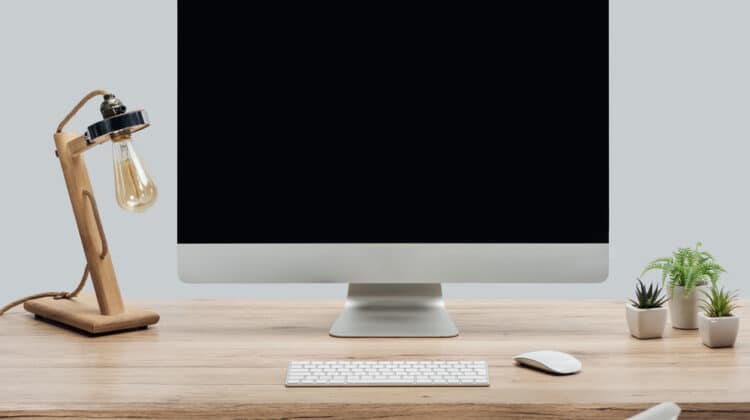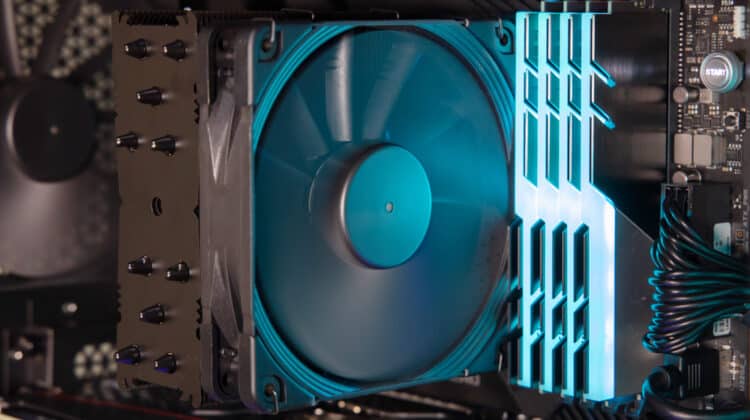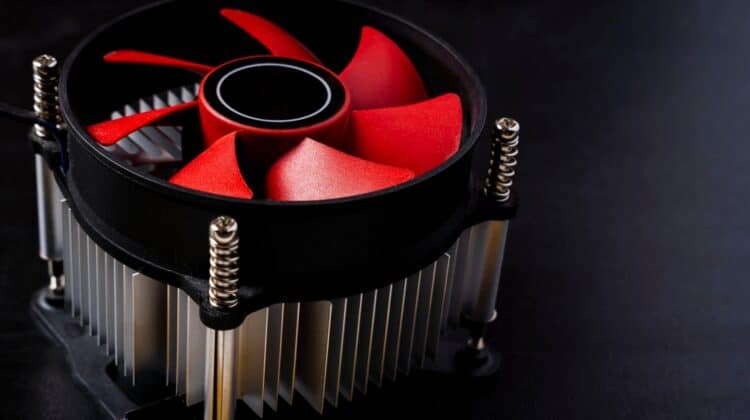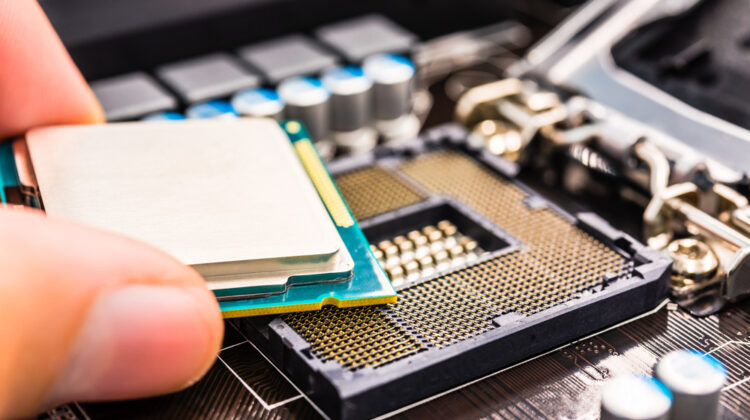
Today’s video games are growing at insane speeds, constantly increasing their resolution and features to offer the most realistic textures and smooth gameplay.
These features take up huge storage chunks, making disk space crucial in playing games.
Many gamers prefer future-proofing to be ready for the advances in gaming technology.
Others are budget-minded and want to start with the bare minimum.
As a result, you may wonder what the best storage size for a gaming PC should be.
How Much Storage Should A Gaming PC Have?

Most gamers believe that 1TB is enough for playing up to ten games.
However, if you want to be future-proof, your best bet is a 2TB HDD.
You could also add another 500GB SSD to store your operating system and games that you often play because SSDs are faster than hard drives.
The storage for a gaming PC depends on the number of games you play and your gaming habits.
You can start playing games on your gaming PC with a 500GB hard drive.
However, you’ll be limited to one or two games and soon run out of space.
If you prefer to install games and don’t delete them to open up space for new ones, you’ll need a much larger disk.
What Determines Storage Size?

The storage space required for a gaming CP depends on various factors, making it a personal decision.
You need to consider your gaming habits and preferences, in addition to your budget.
Here are the most important things you should consider:
1. What Games Do You Play?
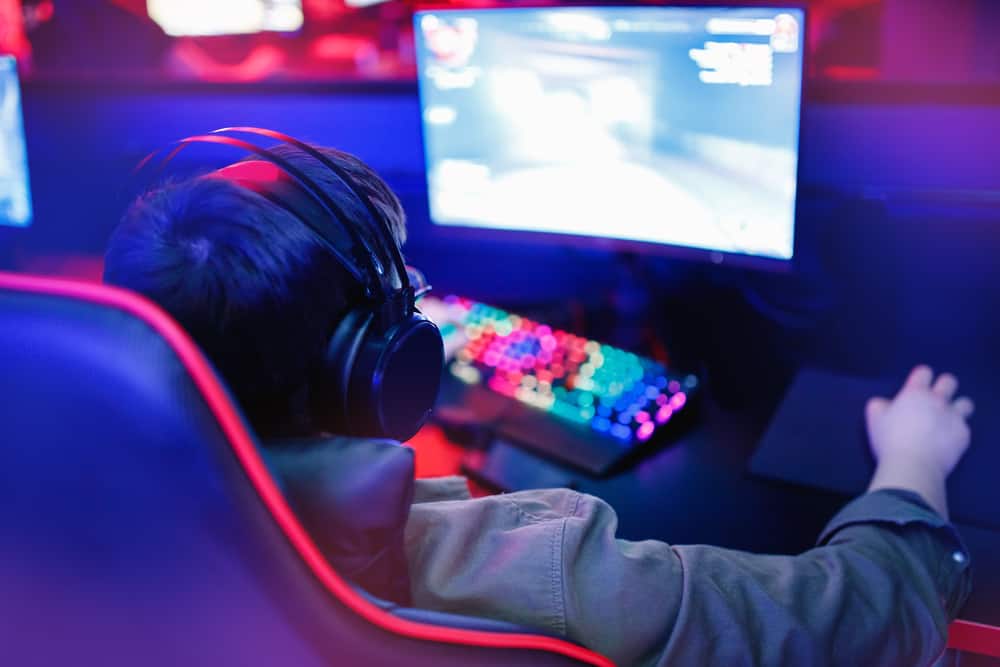
The amount of storage required for any computing purpose isn’t the same for everyone because it depends on what you do with your computer.
Some people constantly run out of storage and have to upgrade it, while others can make do with 500GB of storage by managing what they store on their computer.
The same thing goes for gaming computers.
Depending on what kind of a gamer you are and what games you play on your computer, you may need different storage capacities.
For example, if you’re a newbie who plays indie games, you won’t need more than 500GB of storage.
However, if you’re a hardcore gamer who plays AAA games, you’ll need more than 1TB.
Computer games have come a long way in all aspects, including file size.
Old games were saved on Nintendo cartridges and took up as little as 8KB to 6MB.
Game size grew with PlayStation games and has reached its peak with modern AAA games.
The realistic, high-resolution images and sounds that have become a primary attraction of these games come at a price.
Your computer has to store these images, mods, and details so that the game remembers them every time you play it.
As a result, we have blockbuster AAA games that can take up to 200GB of your hard drive.
That’s why a 1TB hard drive can be a great place to start, but it may not be enough for you if you like to download many triple-A games on your PC.
The reason is that these games gobble up huge blocks of your hard drive, meaning you can’t have more than ten games at a time.
However, if you have three or four AAA games that you regularly play, 1TB is the best option.
Otherwise, you should get a 2TB hard drive.
Plus, with the advances in storage technology, there’s little price difference between a 1TB and 2TB hard drive.
Therefore, it’s always best to go for a higher capacity because it’s easy to run out of storage quickly.
You can never have too much storage, especially for gaming, although a 4TB disk can be overkill for some gamers.
But there are also indie games that don’t need powerful computers with high storage.
They can take up four to 10GB of your hard drive, making them a viable option for low-spec PCs.
Not every indie game is that small, though.
For example, Warframe is an indie game that can take 30GB.
A 500GB hard drive will be enough for an average of 30 indie games.
2. What’s Your Budget?

Perhaps the most determining factor in deciding the right storage for your gaming PC is your budget.
Although PC storage has become more affordable, the budget can still be a limitation for many.
You could get a 1TB hard drive for around 30 dollars, which can be a perfect choice if you don’t have budget limitations.
However, if the price is an issue, most budget-minded gamers stick to the 500GB, especially if they’re beginners, and try to expand their storage over time.
That said, the price per GB reduces for higher capacities, making it a more worthwhile investment.
3. How Do You Use Your System?

The above storage recommendations are assuming you use your computer only for gaming.
However, many gamers, even hardcore ones, use their PCs for many other purposes.
For example, you may save your movies and photos on your computer or perform other intensive tasks, such as film editing or content creation.
In such cases, you should also consider the required space for these tasks.
As a result, even if you play indie games or are a casual player, 500GB of storage won’t be enough for you.
An hour of high-res 4K clip can take between 25 and 75GB of space, quickly decreasing your storage.
Lower resolutions take less space, but they’re still large.
For example, to save one minute of a 1080p clip, you’ll need 210MB of space, making an hour of such footage gobbling up to 15GB of your disk space.
You should also consider some disk space for your photos.
If you store 1,000 high-quality images, you may need 25GB of space.
Storage can easily become unmanageable if you use your gaming PC for storing your holiday photos.
In addition, you should consider the operating system and default programs installed on your computer.
Expect to have up to 200GB of your disk space taken by these files.
Therefore, 500GB of disk space isn’t enough for serious gaming.
If you have a 1TB disk, you’ll be left with a maximum of 800GB, allowing you to store up to ten AAA games.
As a result, if you want to do other stuff on your computer and don’t want to worry about running out of space, you may be better off with a 2TB disk.
If you’re an avid gamer who enjoys recording gameplay at the highest resolution, you may want to consider a 3TB disk.
This way, you don’t need to worry about managing your disk space because you have plenty of it.
4. What Platforms Do You Play On?
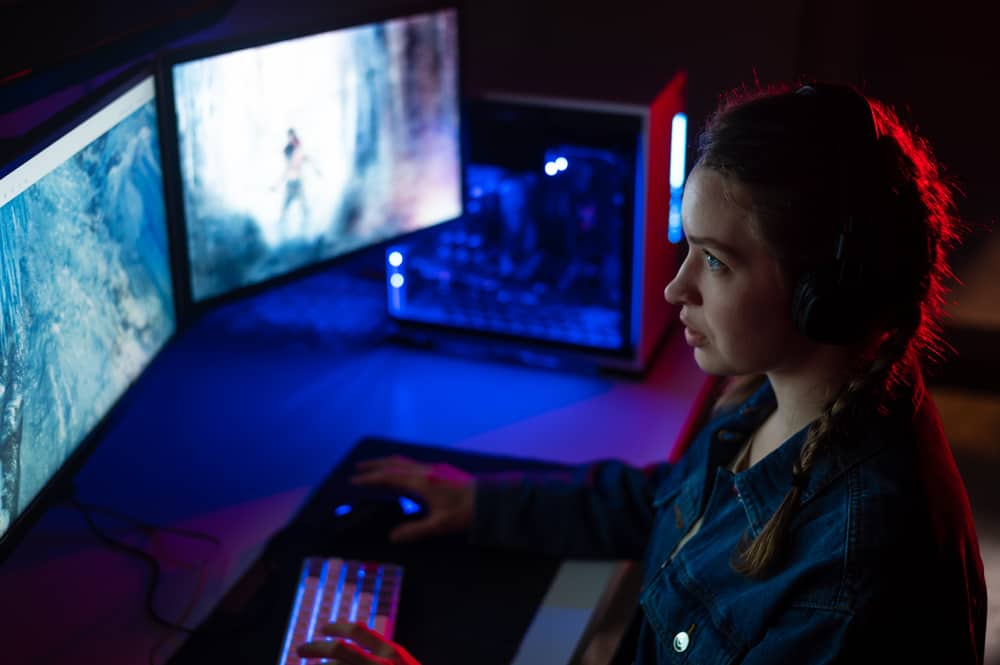
Since storage is a prevalent issue among gamers, gaming companies have been trying to address this issue by embracing cloud storage.
Game streaming doesn’t require any space for downloading and installing games.
There are various game streaming services that help you overcome your storage shortage by using their resources.
This way, you don’t even need a high-spec system because you can tap into the streaming servers’ graphical power and storage space.
You can even play blockbuster AAA games on your smartphone.
All you need is a fast and reliable internet connection that allows you to play the games without lags.
Most of these services, including Steam and Twitch, allow you to store your games locally for offline playing.
You can opt out of local storage if you don’t have enough space on your computer.
The only thing you need to download is the game streaming app, which isn’t more than a few MB.
In addition, you could buy cloud space and store your games in the cloud if upgrading your physical storage space isn’t doable.
Despite all the possibilities that open up with cloud gaming, you may finally decide that it’s not worth the extra cost.
Since the infrastructures for cloud gaming are still limited and costly, these game streaming services have to sell their subscriptions at high costs.
As a result, you may decide that the overall cost of game streaming can equal the cost of a high-capacity hard disk, which comes with the added benefit of reliable and lag-free gameplay.
How To Manage Storage On A Gaming PC

Even if you have sufficient storage, you may run out of space because of the ever-growing game files and demand for high-resolution images and sound.
That’s particularly the case if you download new games frequently.
As a result, you may need to manage your storage to make room for new games.
One of the first things that pros recommend, which is also intuitive, is to delete your old games to clear up some space.
You may have so many games that you haven’t played in a while, so deleting them will seem like the best option.
However, it may be difficult for a hardcore gamer to choose which games to keep and which ones to remove.
Deleting a game isn’t irreversible because you can download it anytime you want to play it.
However, downloading a new game takes hours, which can be frustrating for many.
If you use a game subscription service, such as Steam, you may want to dig deeper to find and delete the installation files for different games.
That’s because game developers may choose different locations for their installation and save files.
If you want to perform a deep clean, you should try different methods to find these files.
That’s why gamers think of upgrading their storage space by getting an HDD or SSD.
These storage devices are effective tools to help you solve your low-space issues.
They have much lower prices than before, allowing you to upgrade your storage easily.
Depending on your budget, you can get a high-capacity HDD, which is less expensive, and a smaller SDD, like 500GB.
SSDs are more shock-resistant and much faster than HDDs, so you can use them for storing the OS and the programs that need fast and frequent access to the disk, such as games.
In addition, if you can choose among different connection types, go for the NVMe type because it’s much faster than SATA.
The HDD is better for storing movies, photos, and games that you don’t play often.
If you decide to play a game stored on the HDD, you can simply move it to the SSD for a faster gaming experience.
Other System Requirements For Gaming

The system requirements for gaming aren’t a one-size-fits-all answer because, like the storage capacity, they depend on many factors.
Whenever you want to install a new game, you should look at the system specs required for that specific game to make sure you’ll have smooth gameplay.
In addition to the hardware components required for gaming, such as a dedicated graphics card, peripherals like mouse and keyboard, monitor, and cooling solutions, you’ll need some other features required by specific games.
For example, most modern games won’t play on operating systems lower than Windows 10 (64-bit).
Each game tells you how much storage you’ll need, which tends to vary the most across the hottest titles.
For example, Horizon Zero Dawn Complete Edition requires at least 100GB of storage, while VALORANT only requires 8GB of space.
1. Processor

Although the first thing that many gamers consider when setting up a gaming rig is a dedicated graphics card, the processor is arguably more important.
The CPU is your system’s brain and can determine how fast you can perform your tasks.
The first thing you should consider is the CPU cores because it’s directly related to your gaming performance.
Before deciding on the number of cores, you should decide which games you’ll play.
That said, if you want to set up an entry-level system, you could start with a six-core chip, but it’s recommended to have at least an 8-core CPU to avoid power limitations.
In addition, if you plan to multitask with your gaming PC, a CPU with multithreading features is your best bet.
Finally, the CPU’s frequency is another crucial feature that affects your performance and speed.
Expressed in GHz, frequency or clock speed refers to the number of clock cycles per second.
The best frequency for a gaming CPU is 3.5 to 4GHz, although some games can run at lower speeds.
2. RAM

RAM is another crucial factor that significantly affects the quality of your gameplay.
Although you may find games that require low RAM (8GB and even 4GB), it’s recommended to have 16GB RAM because most of the hot AAA games require this amount of system memory.
In addition, even if your game doesn’t require a big RAM space, you can multitask while playing a game.
On the other hand, anything more than 16GB is overkill because most of it will remain idle and unused.
A 32GB RAM will only suit those who run heavy games and video editing programs, such as Adobe Premier.
Finally, the number of RAM sticks is also important.
A 16GB single stick of RAM may not have the same performance as two 8GB RAM sticks.
That’s because two RAM sticks allow for dual-channel configurations, which offer a great performance boost due to higher data transfer rates.
3. PSU

Gaming components are notorious for being power-hungry.
That’s why dedicated gaming components, such as graphics cards, have separate power cables attached to the computer’s power supply unit.
It’s essential to have a robust PSU to ensure all components get enough power.
If your power supply unit is flimsy, it’ll break soon and damage other components.
An extra feature that you should consider regarding other system components is wattage.
Since different hardware attached to the motherboard has specific power requirements, you want to get a PSU that can supply power to all these components.
As a result, it’s crucial to add up all these components’ wattage requirements and get a PSU capable of outputting more than that sum.
NEXT: How To Delete Everything On A Laptop (Step-By-Step)
